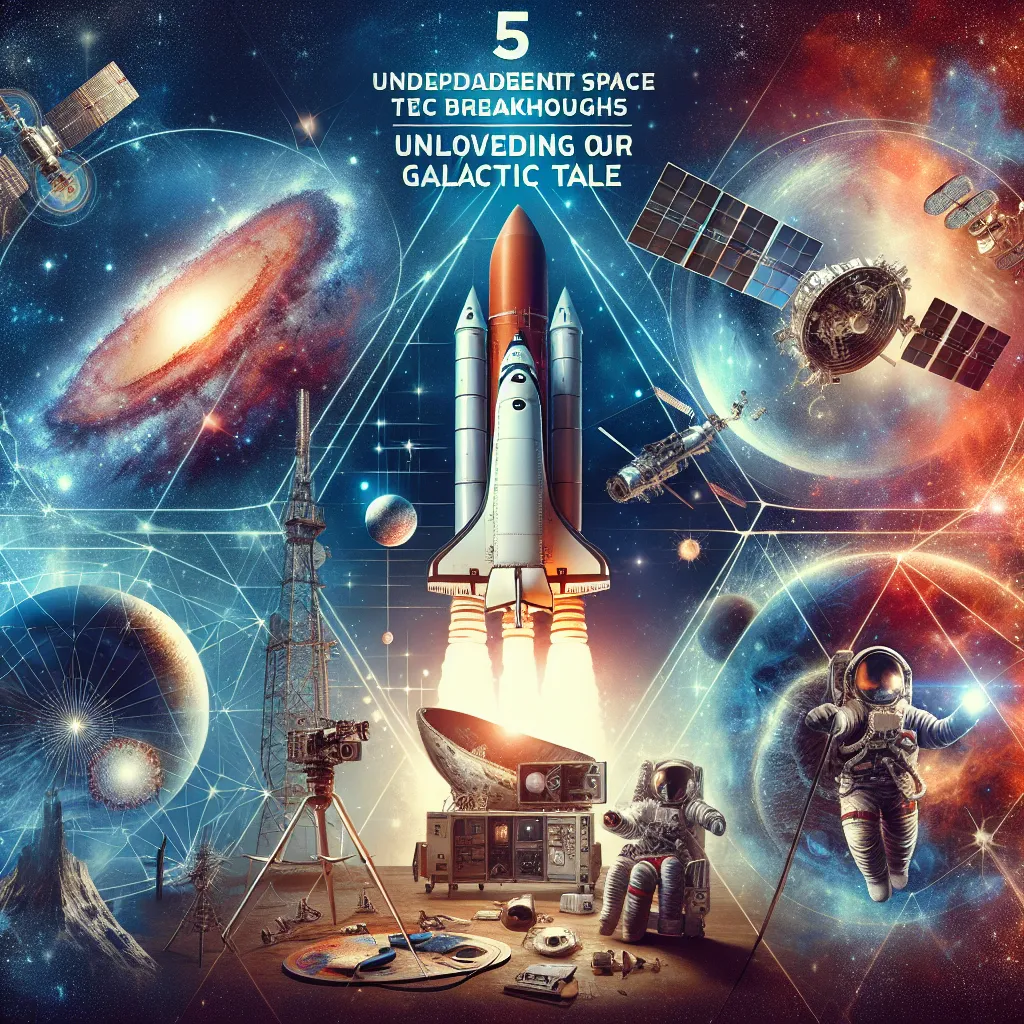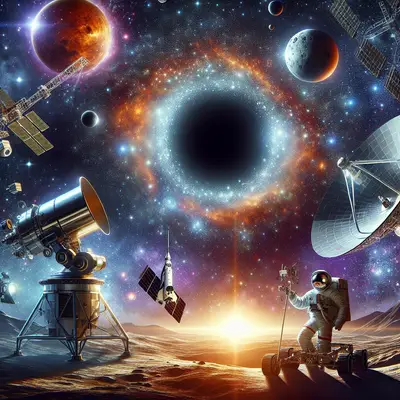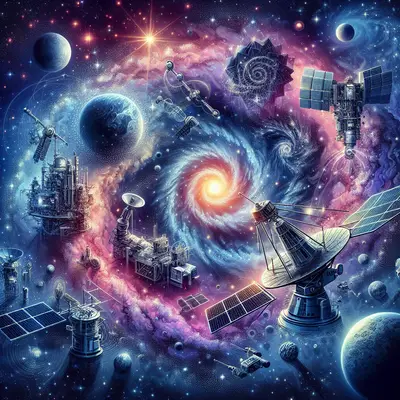The cosmos has always been a source of immense curiosity for humankind. As we venture deeper into the universe, we continue to uncover its many secrets, thanks to the rapid advancements in space technology. Here are five breakthroughs that are rewriting our understanding of the cosmos.
The James Webb Space Telescope
The successor to the Hubble Space Telescope, the James Webb Space Telescope, is set to launch later this year. This giant leap in space technology will provide unprecedented resolution and sensitivity, allowing us to look back over 13.5 billion years to see the first stars and galaxies forming out of the darkness of the early universe.
3D Printing in Space
The International Space Station now hosts a 3D printer that can produce objects needed by astronauts on demand. This revolutionary innovation could be a game-changer for long-term space travel, reducing the need for costly resupply missions and paving the way for self-sufficient colonies on other planets.
Quantum Communication in Space
In a significant breakthrough, China successfully demonstrated quantum communication between a satellite and ground stations, paving the way for unhackable quantum internet. This technology could revolutionize secure data transmission, both on Earth and in space.
Discovery of Exoplanets
The Kepler Space Telescope has discovered more than 2,600 exoplanets since its launch in 2009. These discoveries have broadened our understanding of the universe, suggesting that there could be billions of planets in our galaxy alone, some of which could potentially harbor life.
Martian Helicopter
NASA recently achieved a "Wright Brothers moment" on another planet with the Ingenuity helicopter, the first powered, controlled flight on another planet. This breakthrough could revolutionize our exploration of other worlds, opening up new possibilities for scouting missions and studying the Martian surface.
Conclusion
As we continue to push the boundaries of what's possible with space technology, we're slowly but surely unraveling the mysteries of the cosmos. These breakthroughs are not just fascinating—they're a testament to human curiosity and our unending quest for knowledge. Who knows what other celestial secrets we'll uncover in the years to come?



